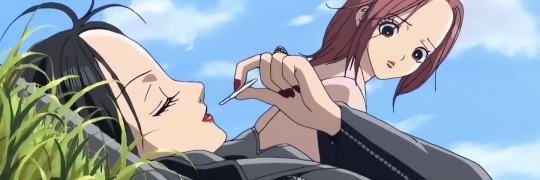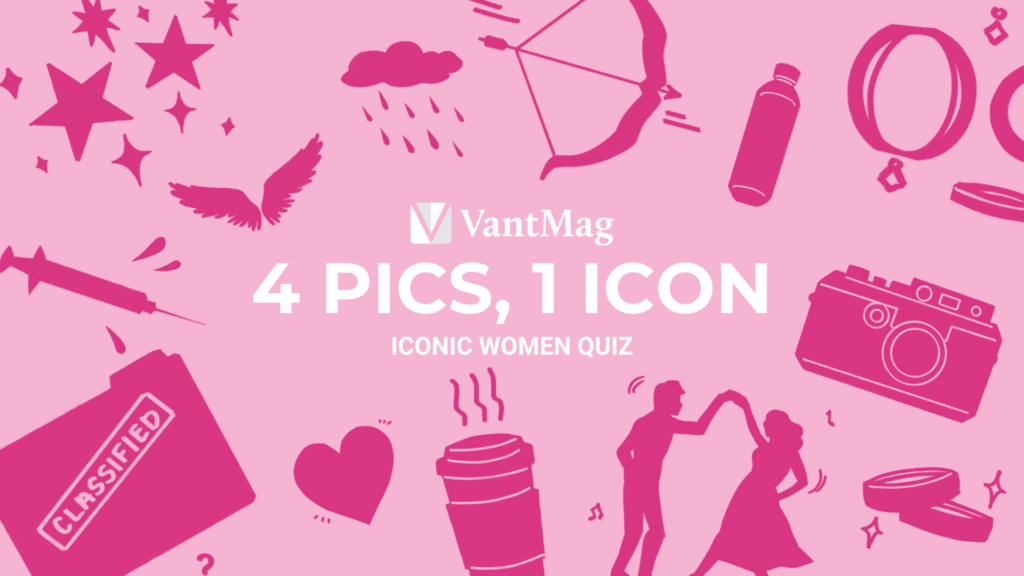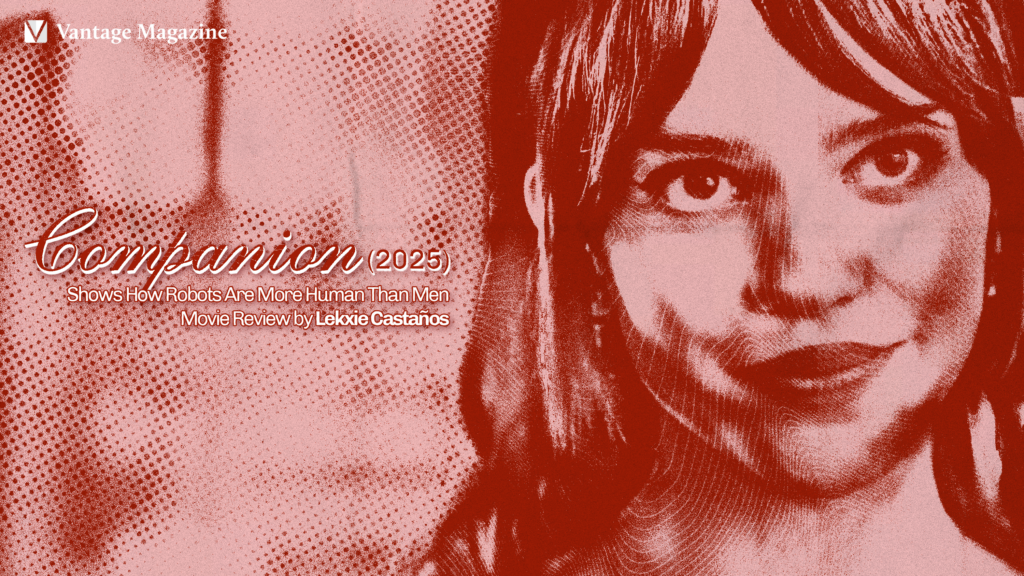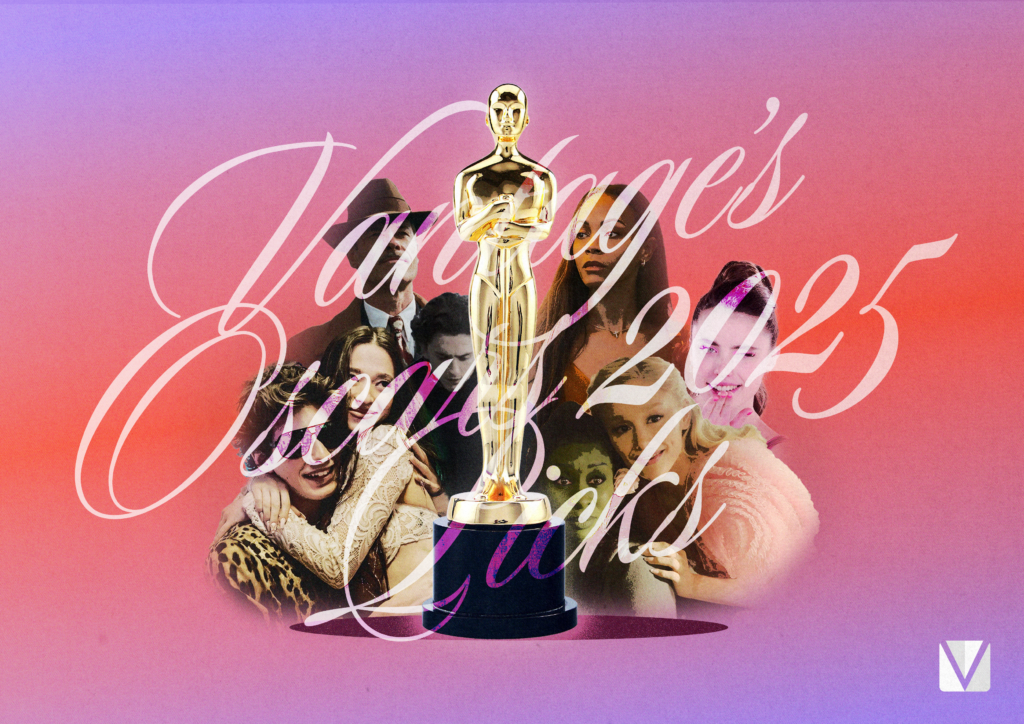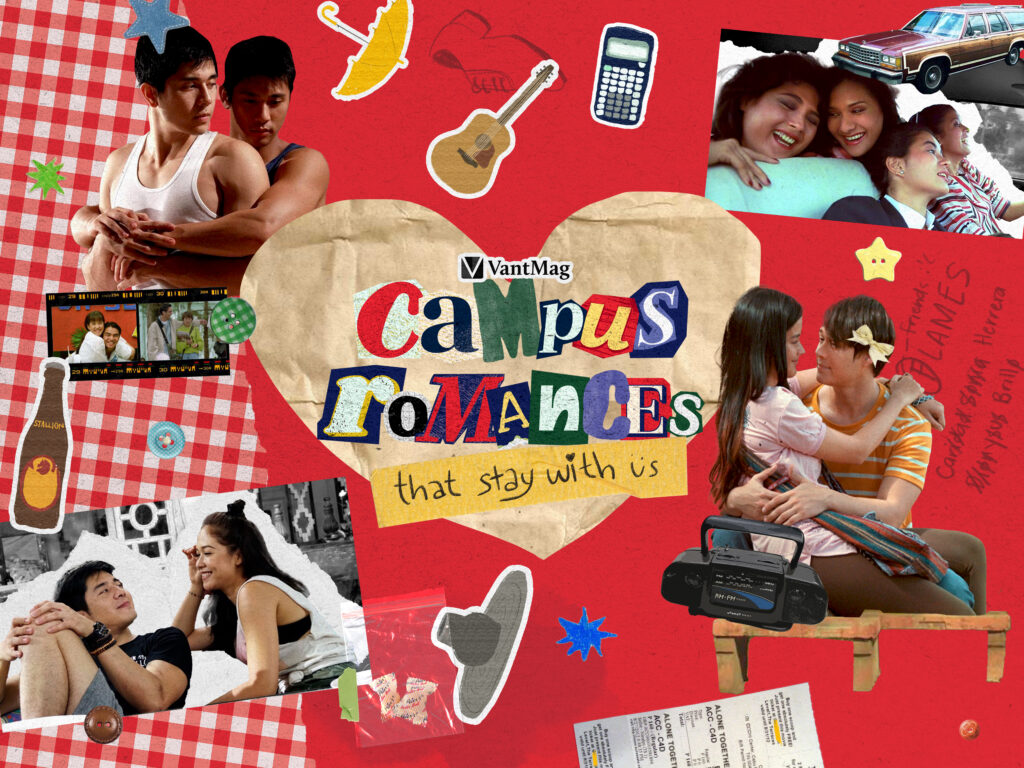Anime is sectioned into four demographics: Shoujo (young women), shounen (young men), seinen (older men), and josei (older women). In line with women’s month, we’re going to take a dive into the most underrated demographic of anime—josei.
Josei anime tends to fall under the radar compared to most anime because it is the lowest demographic. Simply put, statistics say that less women watch anime. Another reason for its unpopularity is that the category has more niche material compared to more popular demographics like shoujo and shounen.
Despite its unpopularity, josei anime has some of the most unique themes we normally don’t get to see. In light of this, here are some of our josei anime recommendations based on other mainstream anime serieses!
If you liked the fashion and stylish portrayal of the creation of clothes in My Dress Up Darling, you might like Paradise Kiss!
Written by Ai Yazawa
Yukari is an ordinary high school student preparing for her university entrance exams until she is scouted by a group of fashion students who ask her to model for their school fashion show. Charmed by their main designer George Koizumi, she reluctantly joins the group of misfits as their muse.
Paradise Kiss (2005), although glamorous in style, shows an unfiltered side to human relationships. While most anime would gloss over the negatives of romance, Paradise Kiss shows us the insecurities, the miscommunication, and the uncertainties of a young relationship. It also explores themes of gender identity and developing your independence as a young woman.
If you liked the exploration of art in Blue Period, you might like Shouwa Genroku Rakugo Shinjuu!
Written by Haruko Kumota
Rakugo is a traditional Japanese comedic story-telling one-man performance. After serving his sentence in prison, Yotarou—a former Yakuza member—becomes a disciple of a highly-praised rakugo performer and dedicates the rest of his life to the craft. The anime is followed by a sequel entitled Shouwa Genroku Rakugo Shinjuu: Sukeroku Futatabi-hen.
Shouwa Genroku Rakugo Shinjuu (2016) is, in essence, a story about life as Yotarou explores life after prison. More interestingly, the love interest of Yotarou is not your typical, flawless female lead created solely to please the male gaze. She’s a geisha who earns a living by flirting with men. Overall, the anime is beautifully composed with brilliant art and an emotional soundtrack that sheds light on an important part of Japanese culture: The art of rakugo.
If you liked the emotional rollercoaster accompanied by a great soundtrack in Given, you might like Nana!
Written by Ai Yazawa
Two 20-year-old girls named Nana have a fateful encounter on a train on the way to Tokyo, and their lives take a great turn. Nana Komatsu is your typical naive, boy-crazy art school graduate, running off to Tokyo to move in with her boyfriend. On the other hand, we have Nana Osaki, a former vocalist for a popular punk band in her hometown, seeking to make a name for herself in Tokyo.
Ai Yazawa’s craft in creating realistic characters takes its best form in Nana (2006); the show easily has some of the most three-dimensional characters in anime. They exhibit selfishness, an inability to communicate their thoughts and, above all, the self-awareness of their flaws. The show exceptionally portrays the thought processes and lives of women thrown into adulthood.
If you liked the camaraderie and character development in Seven Deadly Sins, you might like Yona of the Dawn!
Written by Mizuho Kusanagi
Yona of the Dawn (2014) is a historical drama anime that follows the story of a young princess who is chased out of her own kingdom. She then seeks out the power of the four dragon warriors to help her reclaim her kingdom, with her bodyguard Son Hak accompanying her along the way.
Although it seems like any other reverse-harem romance show, it’s a strong feminist piece with rich politics and story. The character development in this story is phenomenal as we observe Yona grow from a spoiled princess into an independent leader. The story and characters become even richer through the manga, so recommend checking that out once you’ve completed the anime!
Josei anime tackle deep and mature themes that you would not regularly see in mainstream anime. The genre shows an unfiltered look into romance and life, and reveals flawed–but ultimately human–characters. Overall, women can expect to find solidarity and comfort in these serieses when most anime fail to delve into what it means to be a woman.


